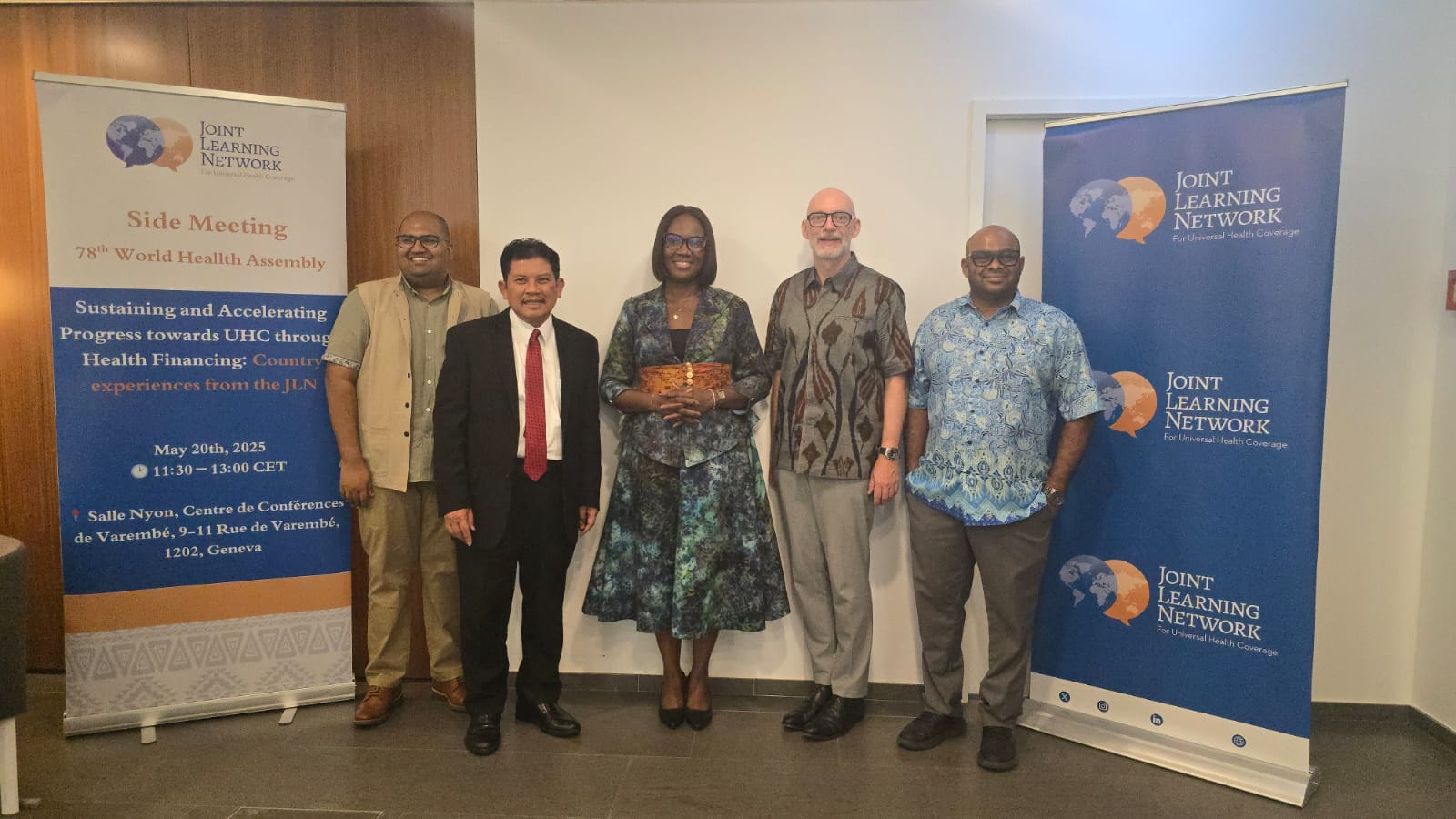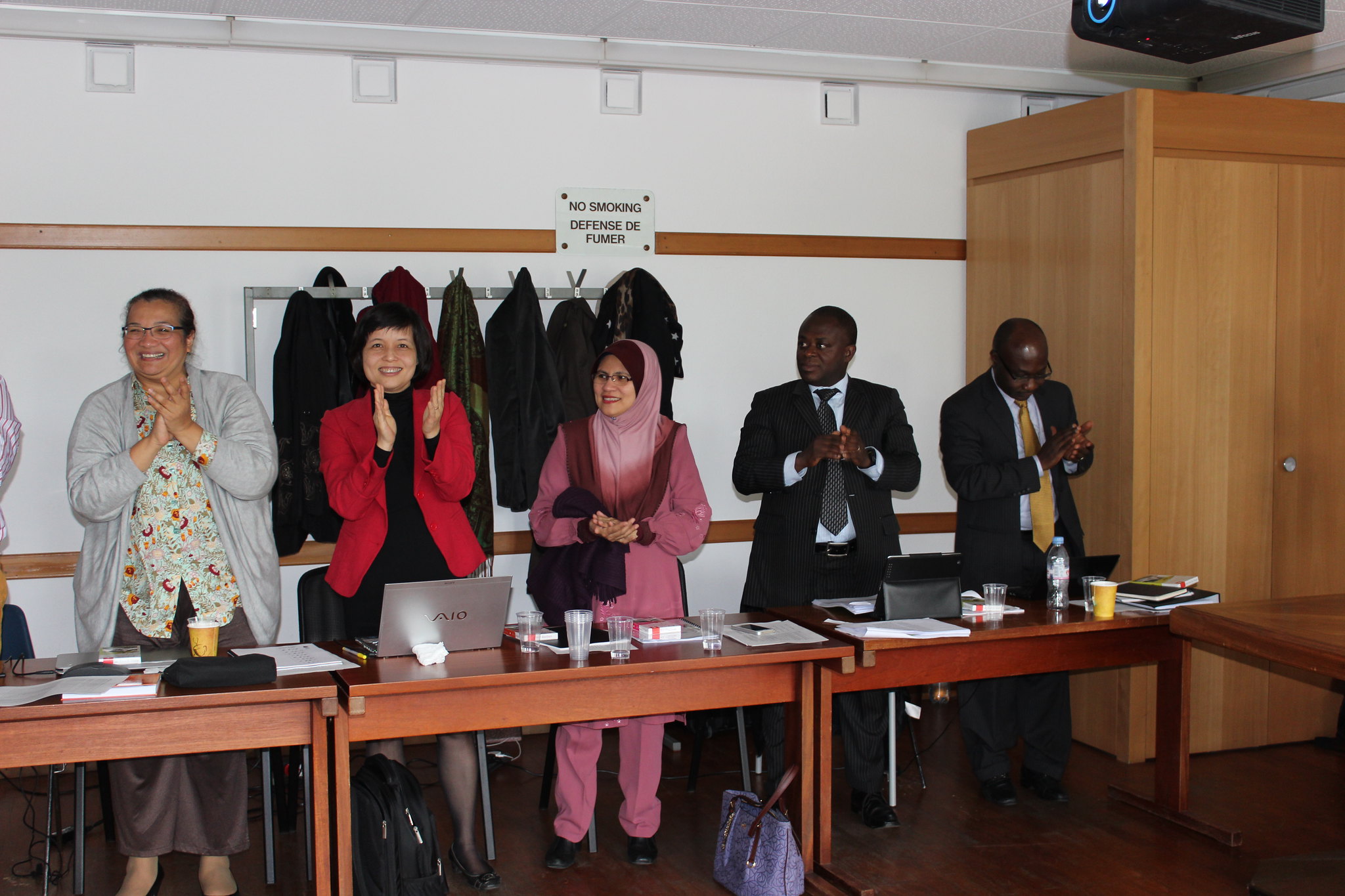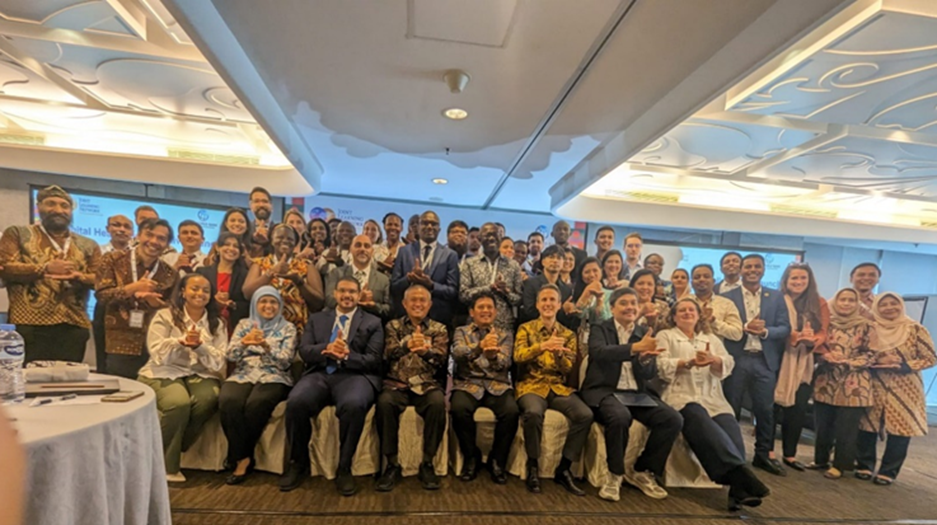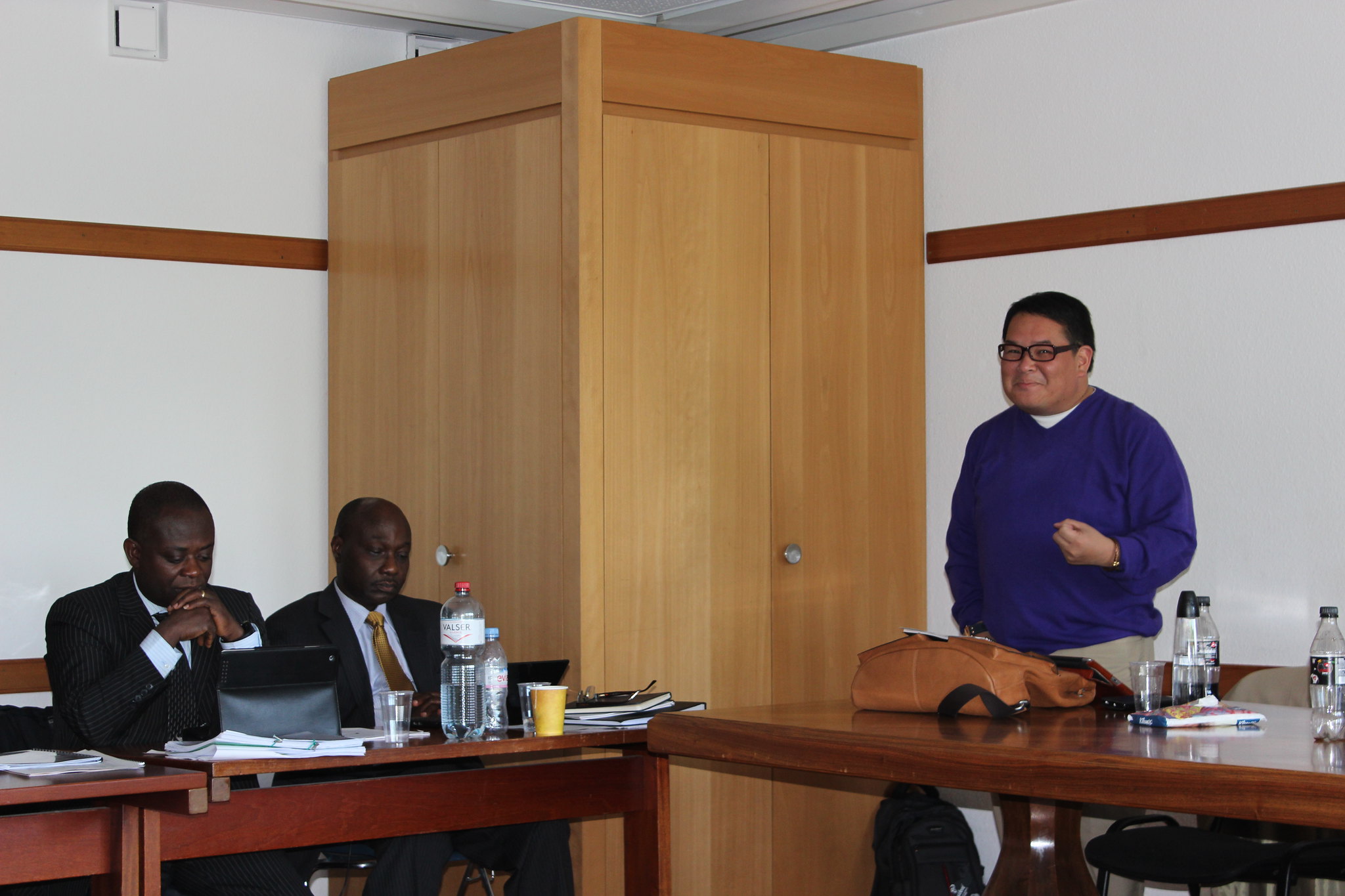Powering Universal Health Coverage: 3 Lessons in Domestic Resource Mobilization

Universal health coverage (UHC) remains one of the world’s most consequential health goals, yet achieving it requires securing robust, sustainable financing—an increasingly complex challenge as many low- and middle-income countries are facing declining development assistance due to shifting geopolitical priorities. During the 78th World Health Assembly, we came together as part of the Joint Learning Network for Universal Health Coverage (JLN) to tackle this critical issue, sharing insights from domestic resource mob ilization efforts. From navigating complex budget negotiations to harnessing the power of collective knowledge, our experiences have revealed three strategic lessons that are reshaping how countries finance their path to health for all. 1. Strategically Earmarked Taxes Build Resilient Health Systems As practitioners working directly with domestic financing strategies, we’ve seen firsthand how governments can look to softly earmarked taxes as a politically feasible means to strengthen the sustainability and resilience of their health systems. In Ghana, the National Health Insurance Scheme was established with earmarked revenue from a consumption tax. While the system initially faced constraints from funding caps and delayed disbursements, recent policy changes signal a turning point. “The lifting of the cap speaks to the commitment of our country and government to make sure that there are funds available in-country locally to finance the health needs of our people,” explains Ruby, Director of the Strategic Health Purchasing Directorate of Ghana’s National Health Insurance Authority. Malaysia’s experience highlights the potential of soft earmarked taxation to meet evolving health system needs. Through sustained collaboration between the Ministries of Health and Finance, sugar and beverage taxes have been strategically directed toward health initiatives—creating dedicated funding streams while preserving fiscal flexibility. As Malaysia undertakes a comprehensive health sector transformation across both public and private sectors, policymakers continue to explore new sustainable health financing pathways that create a strong foundation for achieving universal health coverage. As Dinash, a member of Malaysia’s Health Transformation Office reflects, “Given fiscal realities, we are embracing creative and innovative approaches.” 2. Data-Driven Decision Making Maximizes Every Investment Sustainable UHC isn’t just about securing more money—it’s about using existing resources with maximum efficiency and impact. In Pak Ghufron’s role as President Director of BPJS Kesehatan (Indonesia’s Social Security Administering Body for Health), he’s learned that performance data is crucial for assessing the efficiency of health resource utilization. It’s not just about increasing funding, but about using existing resources more effectively. “It’s not just about more funding — it’s about smarter use of it.” – Dr. Ali Ghufron Mukti Indonesia’s experience showcases the power of data. The government captures and analyzes 1.9 million health claims and transactions nationwide, empowering policymakers and decision-makers with the information they need to strengthen care delivery, detect fraud, and make overall systems improvements across the health system. Building on these insights, they are now implementing phased reforms to: further optimize current resources, shift to outcome-based financing, and leverage private sector capacity to accelerate progress towards UHC. 3. Sustained Advocacy Turns Investment into an Imperative Perhaps the greatest challenge in domestic health financing isn’t technical—it’s political. Health ministers worldwide face the daunting task of competing for limited government resources against sectors that deliver more immediately visible returns, such as infrastructure projects like roads and bridges. External economic shocks and shifting donor priorities can further destabilize carefully constructed financing plans. In Ajay’s work as a lead economist with the World Bank, he has observed that successful health advocates must demonstrate how health investment drives outcomes far beyond the health sector itself. Practical tools can amplify these advocacy efforts. Resources like the Joint Learning Network’s evidence-based messaging guide, Making the Case for Health, provide health leaders with compelling, real-world examples and economic arguments that resonate with finance ministers and political leaders who control budget decisions. Our Collective Conclusion These three lessons converge on a powerful conclusion: achieving sustainable domestic health financing requires more than any single strategy. Success emerges from the strategic integration of innovative financing mechanisms, evidence-based resource optimization, and persistent, well-informed advocacy. As Joint Learning Network members, we continue to share experiences and advance collective knowledge. These lessons provide a roadmap for countries at every stage of their universal health coverage journey. The ultimate goal—health for all—remains ambitious, but the strategies to achieve it are becoming increasingly clear and actionable through our collaborative efforts. Acknowlegements About the Authors: Ali Ghufron Mukti, President Director BPJS Kesehatan (Social Security Administering Body for Health), Indonesia Dinash Aravind, National Health Financing, Health Transformation Office, Ministry of Health, Malaysia Ruby Aileen Mensah, Director, Strategic Health Purchasing Directorate. National Health Insurance Authority. Ghana. Michael Kent Ranson, Senior Economist, Health, The World Bank Ajay Tandon, Lead Economist, The World Bank and Lead Technical Facilitator, JLN Domestic Resource Mobilization Collaborative (Virtual) The authors would like to thank Hallie Goertz for her strategic communications support to the JLN, and Rahul S. Reddy Kadarpeta, JLN’s Executive Director, for his ideation, review, and editorial guidance on this article. For more information on how to join or partner with the Joint Learning Network, please email [email protected].




